Decoding the Breast Cancer Risk of Hormone Replacement Therapy (HRT) | Dr. Sonal Dhande | MOC Cancer Care & Research Centre
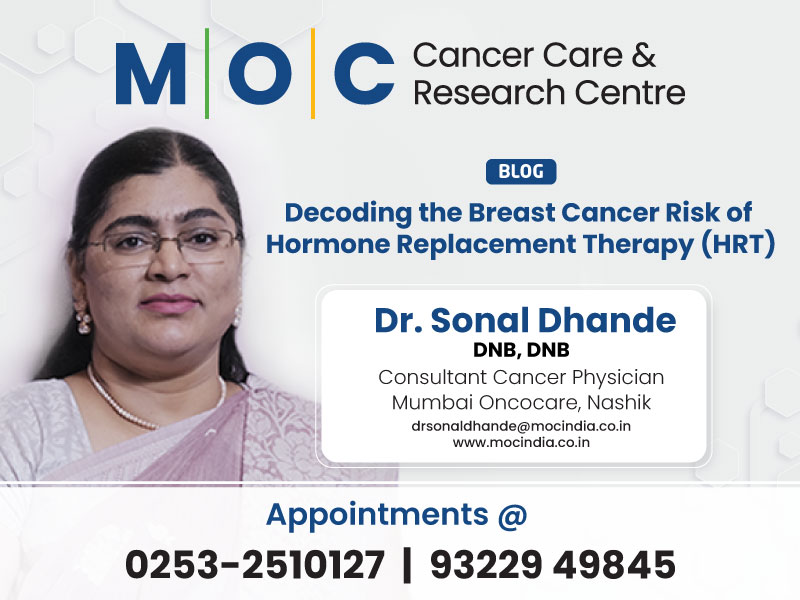


In the realm of women's health, Hormone
Replacement Therapy (HRT) has long been a subject of both curiosity and concern.
It's a topic that has sparked numerous conversations among women navigating
menopause and seeking relief from its associated challenges. One of the most
pressing concerns has been the potential link between HRT and breast
cancer.
In this article, we engage in a comprehensive
insights and evidence-based perspectives on the intricate relationship between
HRT and breast cancer risk and the evidence from a recent article on risk of
breast cancer and HRT use.
HRT and breast cancer risk - Recent research
in the British Medical Journal (BMJ)?
A study published in the BMJ in 2020 which
had almost 99,000 women between the ages of 50 and 79 as participants, was
conducted to address the growing concern between HRT use and the risk of breast
cancer. Numerous small observational studies were conducted in the past with
confusing results. This study has provided evidence of a more generalizable
indication of breast cancer risk for women on HRT. Women considering hormone
replacement therapy (HRT) for menopause symptoms can find reassurance regarding
the risk of breast cancer from recent research.
When is HRT used?
Menopause symptoms like hot flushes, vaginal
dryness, mood swings etc., can be significantly distressing for many women, and
HRT can offer life-changing relief. However, recent concerns arose when another
study reported a higher-than-expected breast cancer risk associated with HRT.
This latest extensive study provides comforting results, aligning with
existing evidence that HRT risks are generally low.
What are the findings of the new study?
Breast cancer risk, according to the BMJ
study, was dependent on the type of HRT, duration of use and age of the woman.
When it comes to the type of HRT, the study
shows that breast cancer risks were found to be extremely low when using
estrogen-only HRT. But it's essential to note that this form of HRT is suitable
only for women who have undergone a hysterectomy.
Most post-menopausal women opt for combined
HRT, which contains both estrogen and progestogen, called combined HRT. In such
cases, there was a small but definite increase in cancer risk but was
associated with greater age (>60 years), duration of treatment (> 5years)
and the type of progesterone used in the combined formulation.
Here it is important to note that the
researchers also identified an increased risk of breast cancer in
post-menopausal women who had never taken HRT. For example, consider a group of
10,000 women in their 50s who have never used HRT. Among them, 26 women would
develop breast cancer within a year. Now, if all 10,000 women had recently
taken combined HRT for a duration of less than 5 years, the number of breast
cancer cases would increase to 35. So, within this substantial group, the
association with HRT results in an additional 9 cases of breast cancer per
year. To put it into perspective, this translates to less than one in a
thousand women.
Are women who take HRT for a long time more
prone to developing breast cancer?
The BMJ study indicated that there was no
increase in risk of breast cancer for those using HRT for less than a year.
However, the risks increased with the duration of HRT treatment, especially
when taken for more than five years. It was encouraging to note that the risks
declined after discontinuation of HRT, with no increased breast cancer risk
observed five years after stopping for women who had used combined HRT for less
than five years.
Does age play a role in breast cancer
risk?
Age definitely plays a role. The study showed
that women in their 50s exhibited lower risk compared to those in their 60s and
70s.
Was there evidence of a link between the type
of progestogen used in combined HRT and breast cancer risk?
Yes, the type of progestogen used in combined
HRT had varying impacts, with norethisterone associated with the highest
increase in breast cancer risk and dydrogesterone linked to the lowest
risk.
Why are the results of this study so
important and relevant?
This study supports the results found in
other smaller, observational studies and provides reassurance to the thousands
of women who are confused about their HRT treatment and the risk of breast
cancer. The research clarifies the type of HRT and age of prescription along
with the choice of progestogen that can keep breast cancer risk to a minimum.
It indicated that HRT is generally associated with only slight increases in
breast cancer risk. The findings of this study can serve as valuable guidance
for discussions between healthcare professionals and women considering HRT.
What would be the next steps you would
recommend for post-menopausal women who want to explore HRT treatment?
Engaging in a thorough discussion with your
gynecologist regarding your menopause-related symptoms is crucial. This
conversation should delve into finding the most suitable form of HRT for your
specific requirements, taking your age into careful consideration. By doing so,
you can minimize the potential risk of breast cancer.
Moreover, it's essential not to underestimate the significance of breast self-examinations and regular cancer screenings. These proactive measures play a pivotal role in early cancer detection, which can be pivotal for effective treatment and improved outcomes.
Dr. Sonal Dhande
DNB DNB
Consultant Cancer PhysicianMOC Cancer Care & Research Centre, Nashik.
Latest Blogs
-
![Nidar Naari is a movement initiated by M|O|C Cancer Care & Research Centre]()
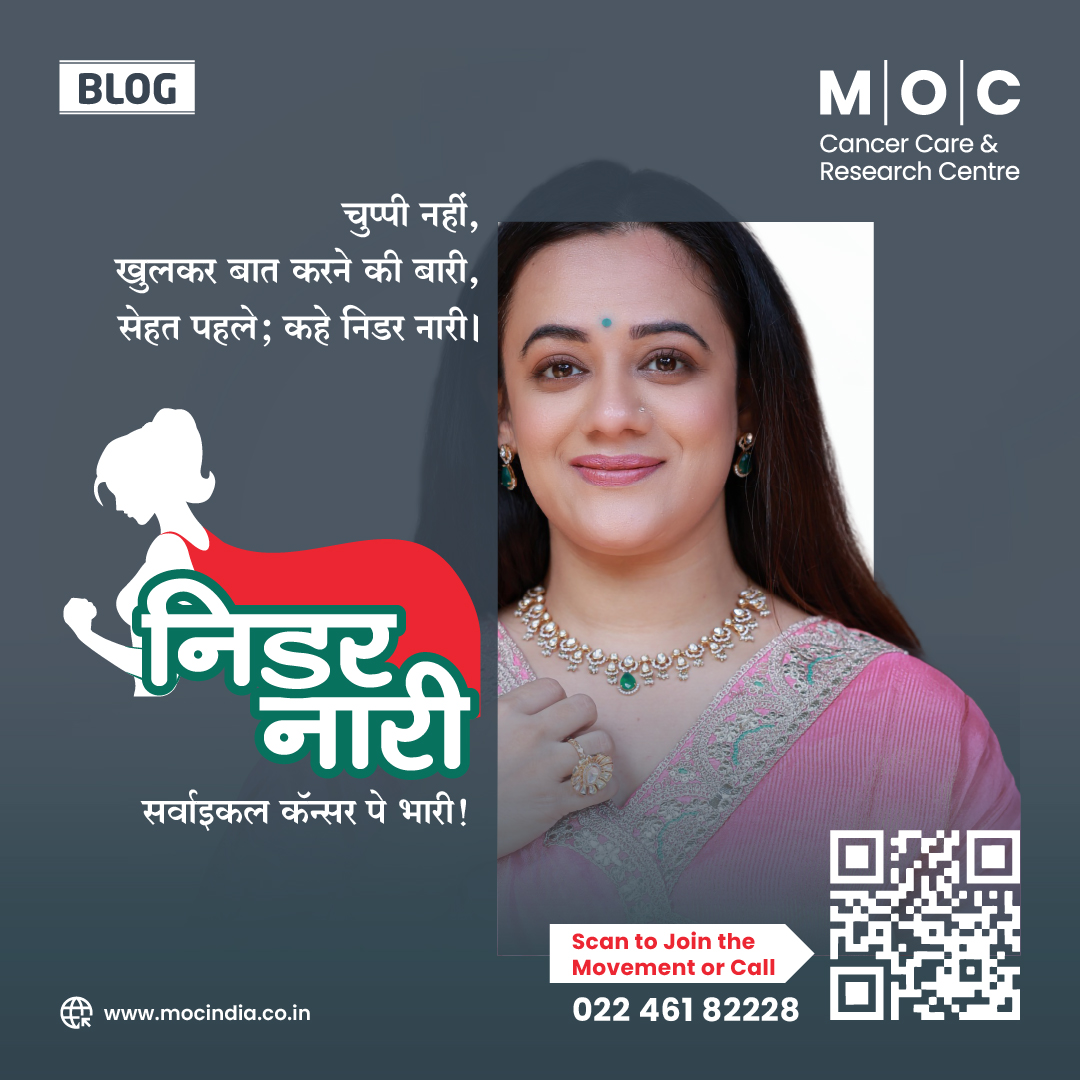
- 10th Feb, 2026
- Nidar Naari is a movement initiated by M|O|C Cancer Care & Research Centre
-
![Cervical Cancer Awareness Month- January 2026]()
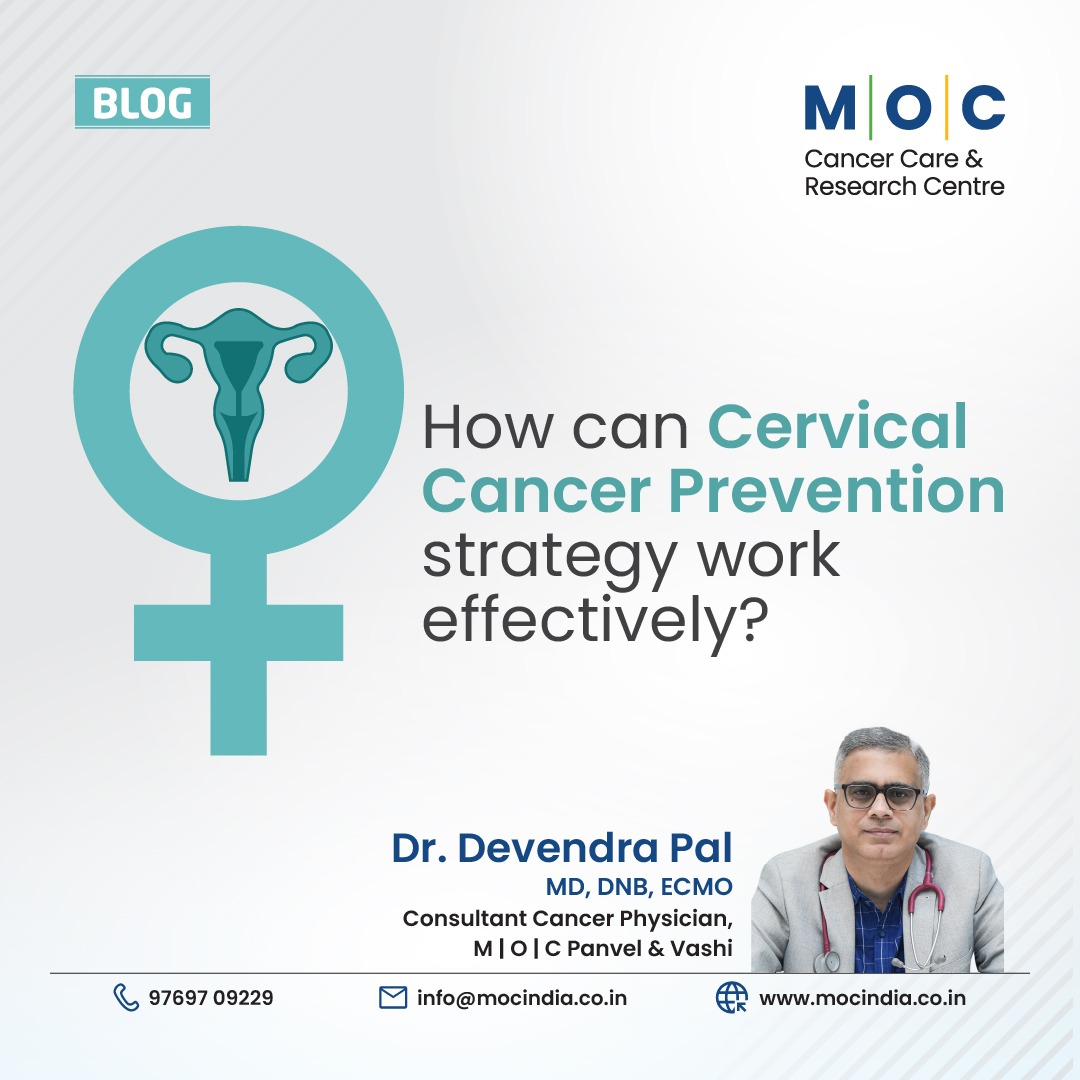
- 23rd Jan, 2026
- Cervical Cancer Awareness Month- January 2026
-
![Why Vaccinating Boys Against HPV is a Win for Everyone ?]()
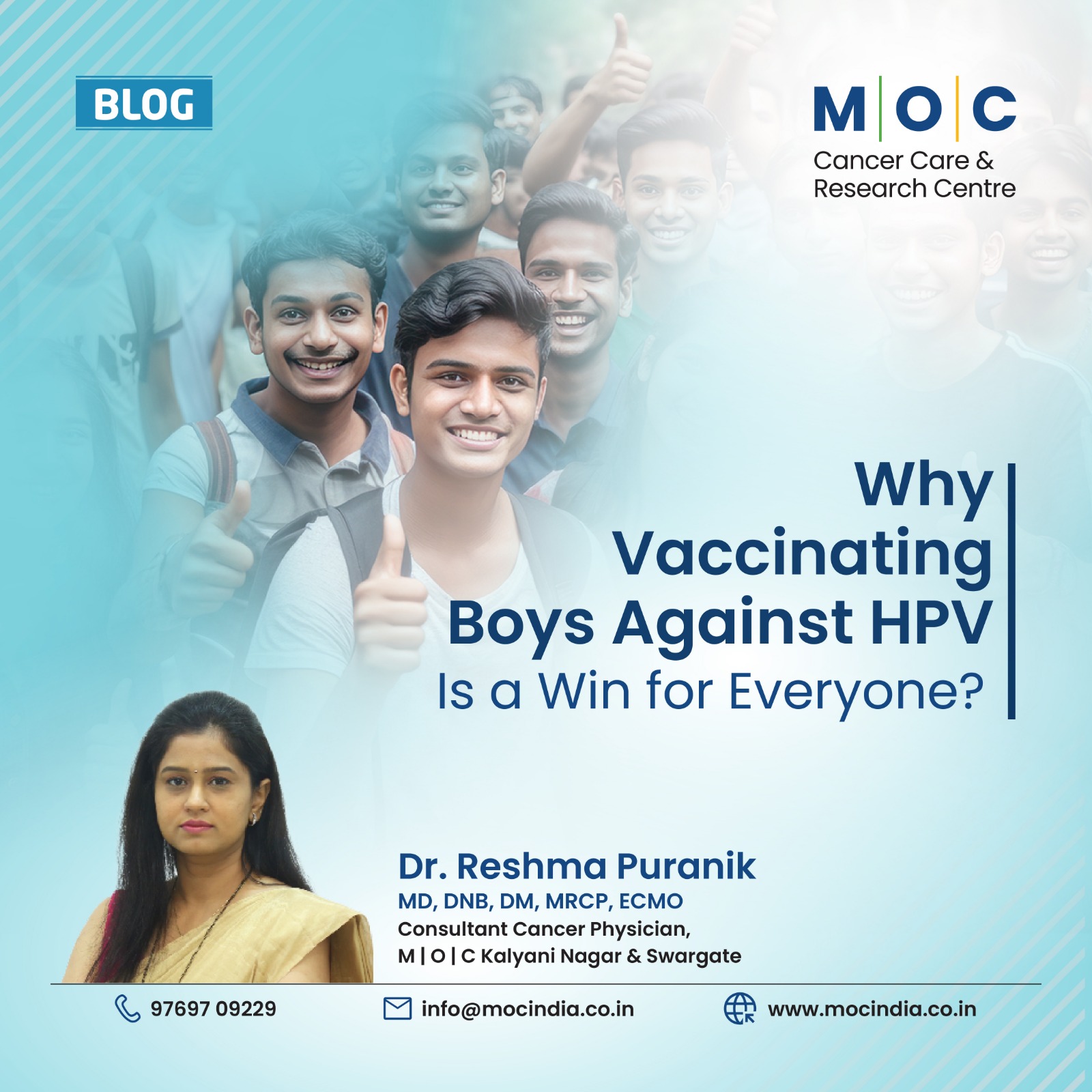
- 20th Jan, 2026
- Why Vaccinating Boys Against HPV is a Win for Everyone ?
-
![Are Pollution and Chemical Exposure Driving the Rise of Blood Cancer Cases in Children?]()
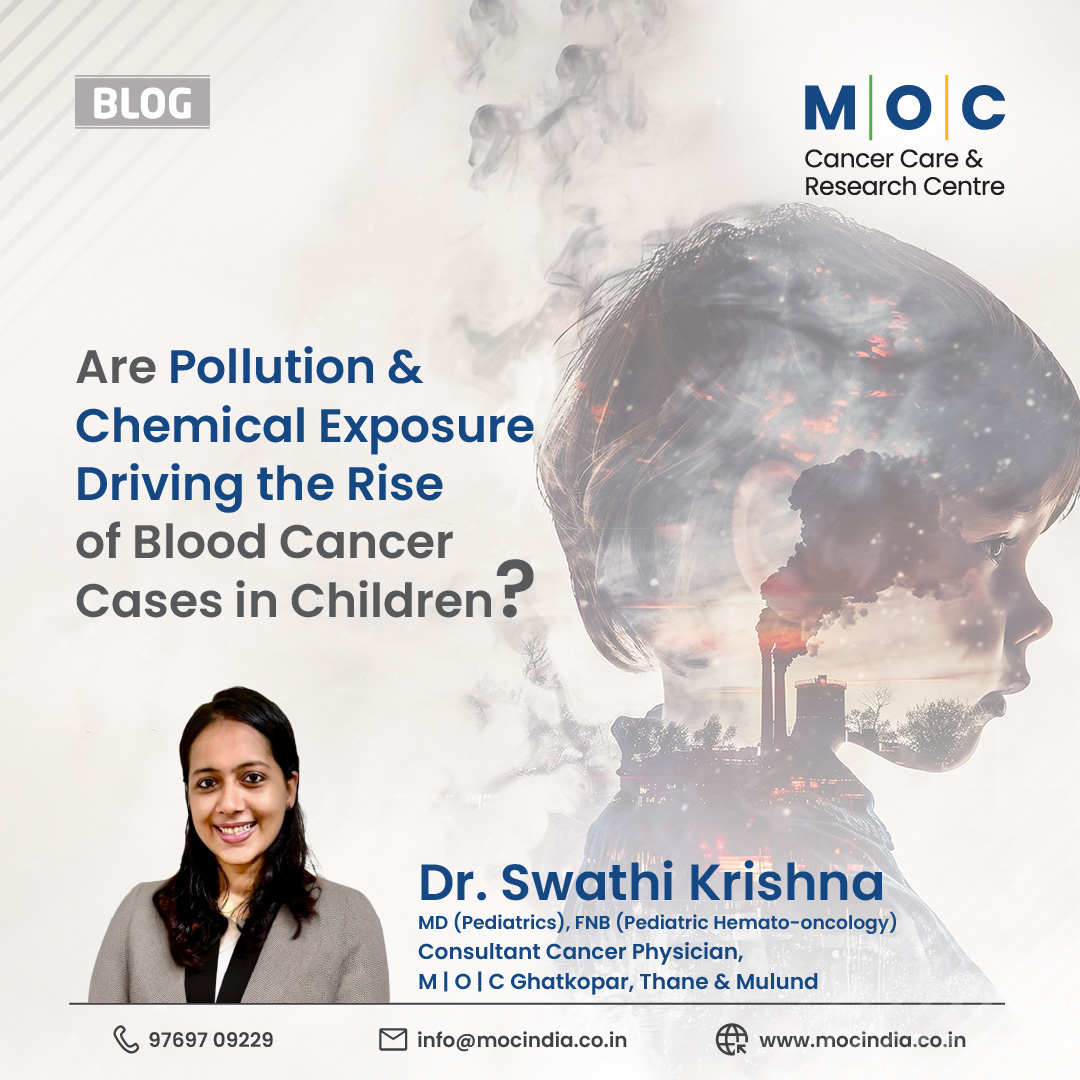
- 17th Jan, 2026
- Are Pollution and Chemical Exposure Driving the Rise of Blood Cancer Cases in Children?
-
![Significant Advancements in Cancer Treatment in 2025- Dr Kunal Jobanputra- M|O|C Kemps Corner and Mahim]()
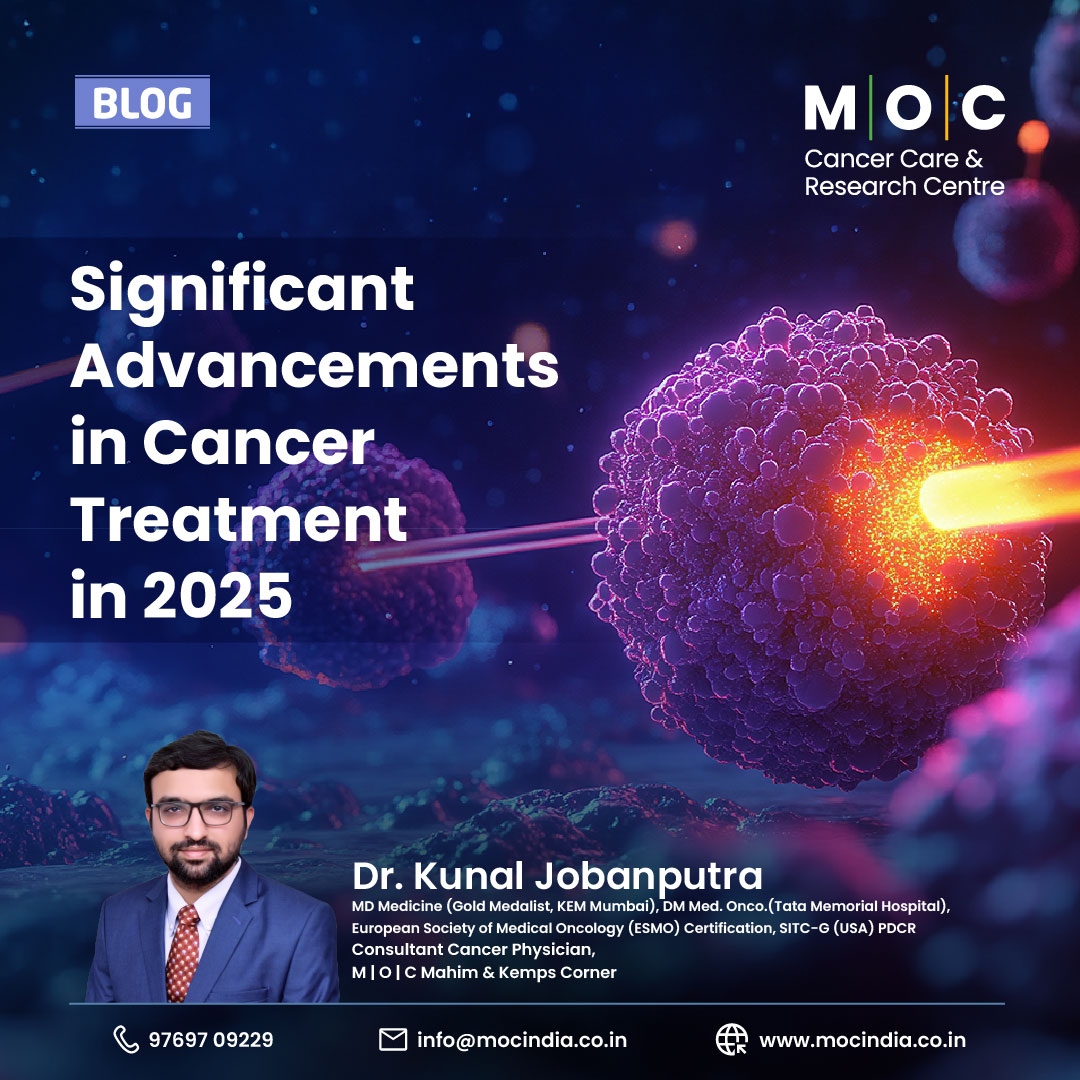
- 12th Jan, 2026
- Significant Advancements in Cancer Treatment in 2025- Dr Kunal Jobanputra- M|O|C Kemps Corner and Mahim
-
![Managing sleep disturbances during and after cancer treatment]()

- 11th Dec, 2025
- Managing sleep disturbances during and after cancer treatment
Book Your Appointment








